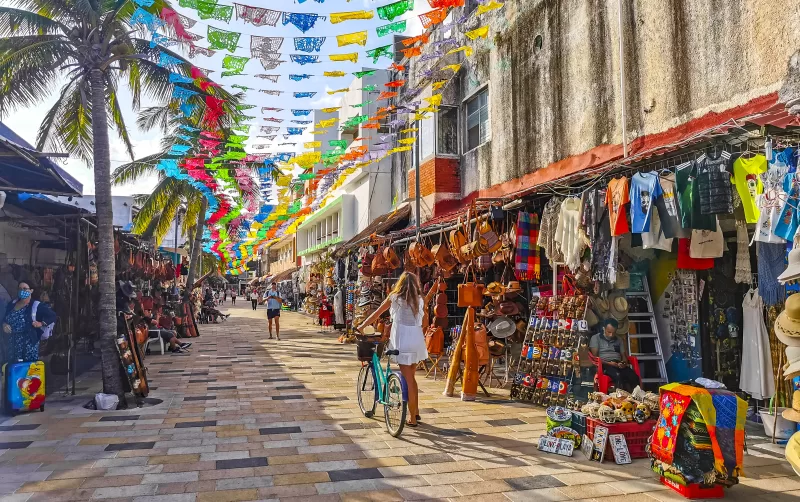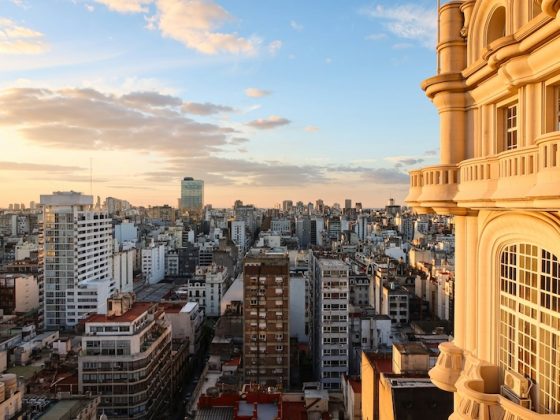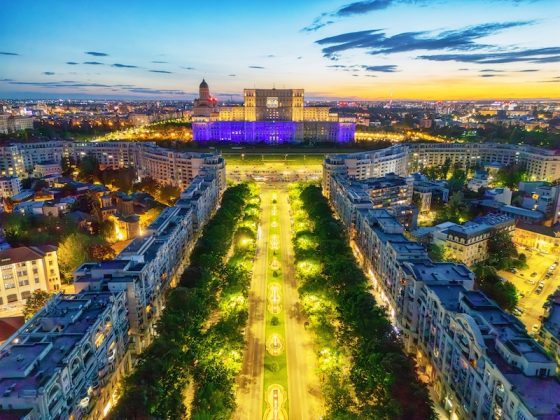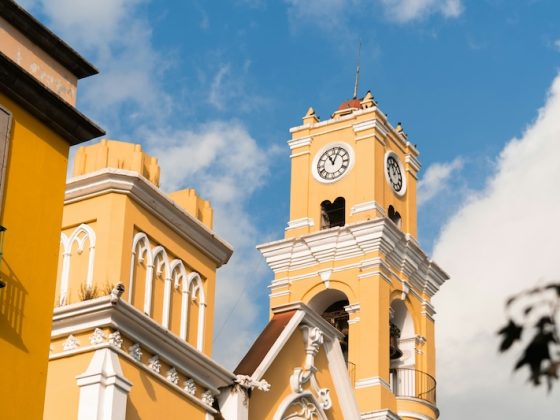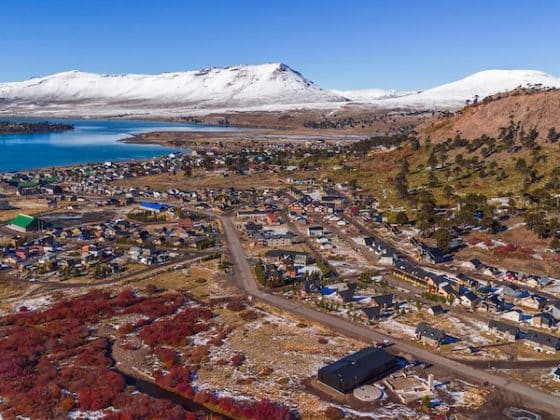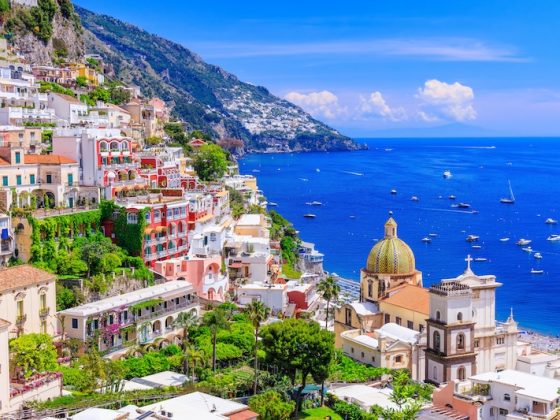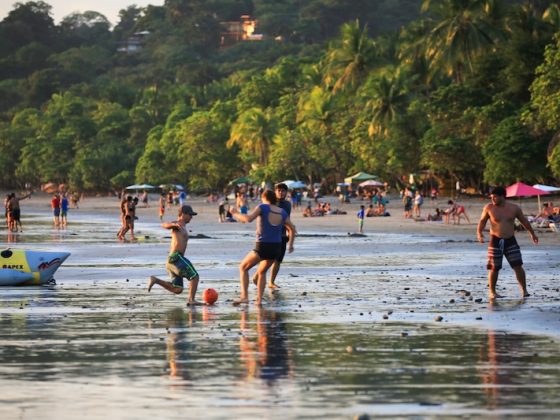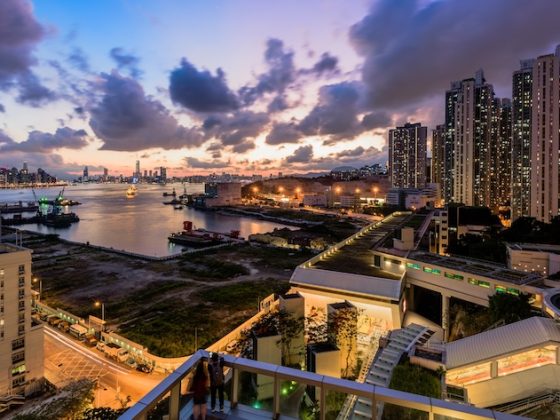Mexico, the beating heart of Latin America, is a country of dazzling contrasts and incredible diversity. From the brightly colored streets of colonial towns like San Miguel de Allende, to the pristine beaches of the Riviera Maya, to the bustling megalopolis of Mexico City, this vibrant nation offers expats a captivating mix of history, culture, natural beauty, and modern conveniences.
It’s no wonder Mexico has become one of the most popular destinations for people seeking a new life abroad. The country’s lower cost of living, friendly people, and established expat communities make it an appealing choice for retirees, digital nomads, and adventure-seekers alike.
Having lived here intermittently for years, I can say Mexico is as complex as it is beautiful. If you’re considering making the move, here are 10 things you absolutely need to know
#1. Visas and Residency
While some expats assume they can extend their tourist visas indefinitely by making border runs every six months, recent border crackdowns have made this a risky gambit.
If you plan to stay longer than six months or want to buy property, open bank accounts, or simply avoid stressful border dashes, you’ll want to look into a Temporary or Permanent Resident Visa. Requirements vary depending on your financial situation, but generally, showing a certain level of income or savings can qualify you. Using a trusted immigration lawyer makes the process much smoother and faster.

#2. Currency and Banking
Mexico uses the Mexican Peso (MXN). Though the U.S. dollar is widely accepted in tourist zones, outside those areas, pesos are essential. ATMs are plentiful, but notify your bank before you travel to avoid blocks on your card.
Opening a Mexican bank account can be time-consuming and bureaucratic, requiring proof of address, residency, and multiple forms of ID. Some expats choose to keep their accounts abroad and simply withdraw pesos as needed. However, if you’re planning to live long-term, a Mexican account makes life much easier—especially when paying utility bills, rent, and managing local expenses.
Read more like this: The Unpopular Tax in Mexico
#3. Cost of Living
One of the biggest attractions for expats moving to Mexico is the lower cost of living. You can live well here on a fraction of what you’d spend in the U.S. or Canada, though costs vary wildly depending on location.
For example, you can live in Mérida on about $2,000 per month, including rent, groceries, and entertainment. Other popular expat hotspots like Puerto Vallarta or Playa del Carmen tend to be pricier, especially near the beach. Inland cities, however, offer incredible value: think colonial charm, vibrant cultural life, and beautiful weather at a significantly reduced price.
Read more like this: Legally Reduce Your Taxes by Moving Abroad
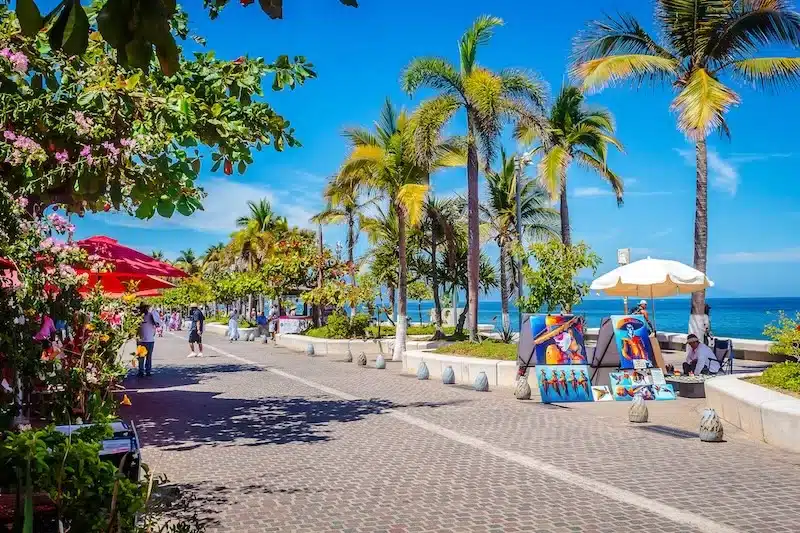
#4. Healthcare
Mexico’s healthcare system is one of the best-kept secrets in the expat world. Private medical care is high quality and affordable, with doctor visits often costing $30–$50 USD, and specialists charging far less than in the U.S. Plus, many doctors speak English, particularly in expat-heavy areas.
For residents, public healthcare options like IMSS or INSABI provide coverage at minimal costs, though wait times can be longer. Many expats carry private insurance for faster access and higher comfort levels, especially for major procedures.
Mexico’s healthcare system is one of the best-kept secrets in the expat world. Private medical care is high quality and affordable, with doctor visits often costing $30–$50 USD, and specialists charging far less than in the U.S.
Read more like this: Top 10 Things to Know if You’re Moving to Bali
#5. Safety and Security
When you tell people you’re moving to Mexico, a common question might be: “Is it safe?” The reality is yes. And no. Mexico is a large country, and safety can vary significantly by region. While certain states have serious cartel violence, many cities and towns popular with expats are quite safe.
For example, I feel safer walking alone at night in Xico than I did in any downtown neighborhoods in the U.S. The key is to do your research, avoid risky areas, and practice common-sense precautions, as you would anywhere in the world.
#6. Culture and Language
Mexico’s culture is deeply warm, social, and family-oriented. People are friendly, hospitable, and often eager to help. Still, the relaxed attitude toward time and deadlines can frustrate newcomers. Words like ahorita can mean “right now,” “in a little while,” or even “maybe later,” depending on context, so flexibility and a good sense of humor go a long way.
While many people in Mexico speak English in tourist zones, Spanish is essential for navigating everyday life outside those areas. Also, learning even basic Spanish transforms your experience and opens doors to friendships and community life. Consider finding a one-on-one Spanish tutor or enrolling in one of the many affordable language schools across the country to help speed up your progress.
Mexico’s culture is deeply warm, social, and family-oriented. People are friendly, hospitable, and often eager to help.
Read more like this: Mexican Eating Habits
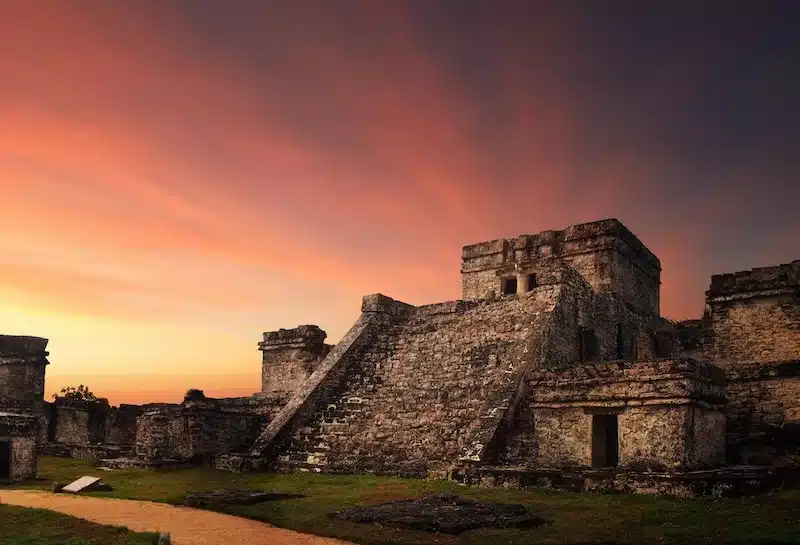
#7. Internet and Infrastructure
If you’re working remotely or love to stream Netflix, the good news is that internet service in Mexico is generally quite good. Major cities and towns have high-speed fiber-optic connections, though rural areas can be more hit-or-miss.
Mobile service is affordable and widely available. Certain U.S. plans work in Mexico without added fees, but reasonable local plans can cost less than $20 USD per month. Whether you’re researching Telcel plans or paying utilities, you’ll quickly realize that the national Oxxo chain is your friend. Infrastructure has also improved enormously over the last decade, though occasional power outages can still happen, particularly in smaller towns.
#8. Buying Property
Foreigners can absolutely buy property in Mexico. Outside certain zones, you can hold title in your own name just like a Mexican national. However, within the so-called Restricted Zone—defined as 50 kilometers (about 31 miles) from the coastline and 100 kilometers (about 62 miles) from Mexico’s international borders—foreigners cannot directly own property in their own name due to constitutional restrictions. In these areas, property must be purchased through a bank trust called a fideicomiso, or via a Mexican corporation. Elsewhere in the country, you can hold the title directly.
I strongly recommend hiring an experienced real estate attorney to navigate property laws, contracts, and potential scams. Mexico’s property market is booming in many regions, and good opportunities abound, but one should proceed cautiously.
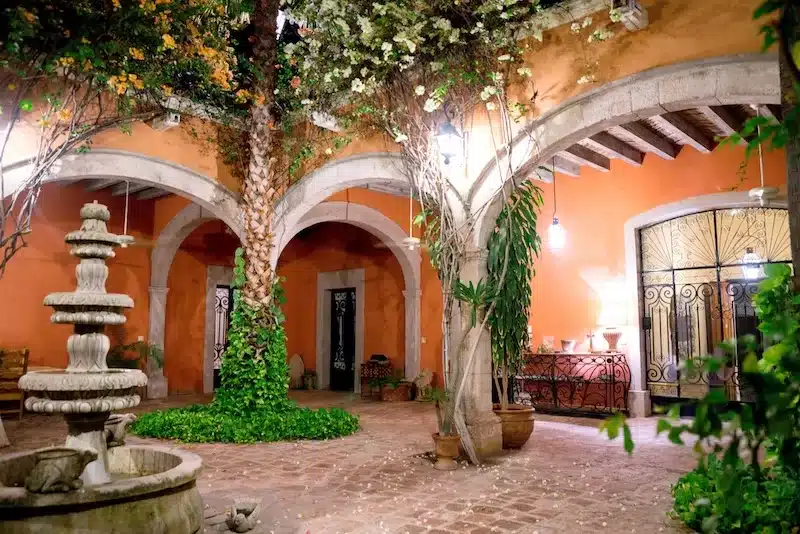
Read more like this: Keeping Time in Zacatlan de las Manzas
#9. Transportation
Mexico’s transportation options are extensive. Long-distance buses are excellent and affordable, with ADO and other companies offering comfortable service between major cities. Domestic flights are plentiful and cheap if booked in advance.
Driving can be an adventure. In big cities like Mexico City or Guadalajara, traffic is intense, and local driving habits may terrify newcomers. Outside urban centers, roads are improving, but potholes, speed bumps (topes), and random livestock crossings are part of the experience.
If you don’t want to drive, apps like Uber and Didi operate in most major cities and are reliable and inexpensive.
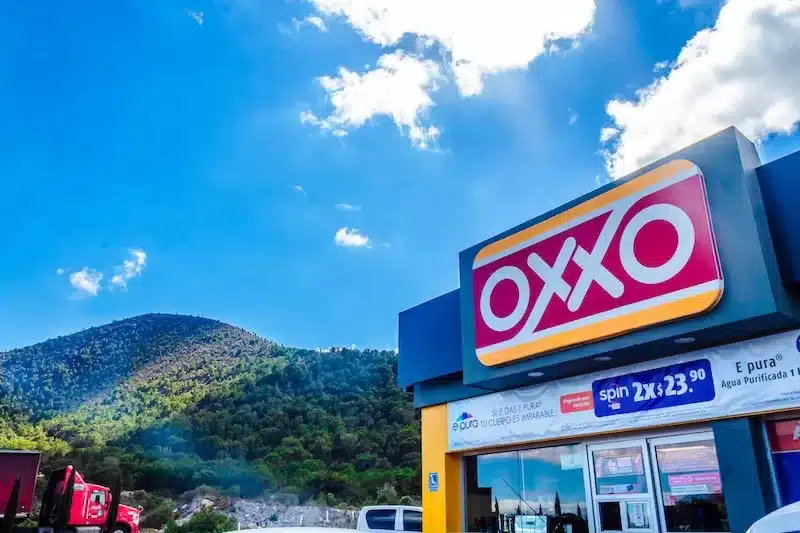
#10. Community and Legal Help
Mexico boasts thriving expat communities in cities like Lake Chapala, San Miguel de Allende, and Puerto Vallarta, where you’ll find social clubs, English-speaking doctors, and plenty of people eager to share advice.
However, don’t underestimate the value of professional legal and financial help. Whether it’s immigration paperwork, buying property, or estate planning, hiring a reputable attorney or gestor (a licensed facilitator) can save you time, stress, and money.
Read more like this: Moving to Mexico? Consider Puebla
Final Thoughts
Moving to Mexico is not just a change of address—it’s a lifestyle transformation. If you approach it with good humor, patience, and respect for local culture, you’ll discover a country full incredibly rich history and experiences.
Whatever you’re seeking as an expat, Mexico offers an incredible canvas for your next chapter.
If you’re considering relocating and want more detailed guidance on visas, property, or financial planning, reach out to experienced professionals who specialize in expat services in Mexico.
¡Bienvenidos a México!
Whatever you’re seeking as an expat, Mexico offers an incredible canvas for your next chapter.
If you’re thinking about moving abroad and are looking for information about asset protection, cross-border transactions, second citizenship programs, or global investment, contact Joel Nagel and Nagel Law.
Read more like this: Is Mexico Right For You?
FAQs about Moving to Mexico
1. Is it safe to move to Mexico?
Yes, many areas of Mexico are safe, especially popular expat destinations like Mérida, San Miguel de Allende, and Puebla. Like any country, safety varies by region, so it’s important to research specific cities and neighborhoods.
2. How can I move to Mexico?
You can move to Mexico by applying for a temporary or permanent resident visa. This usually requires proof of income or savings. Once approved, you can settle, rent or buy property, and enjoy life in Mexico.
3. How do I move to Mexico as an American?
Americans can apply at a Mexican consulate in the U.S. for a residency visa. Financial eligibility and documentation are needed to apply. Your residency becomes official after visiting a local immigration center in Mexico.
4. How do I move to Mexico from the U.S.?
Start by deciding where to live and visit a local Mexican consulate to begin your visa process. You’ll need documents like a passport, proof of funds, and possibly health insurance. After arriving in Mexico, complete your residency at the local immigration office (INM).
5. Where is a good place to move in Mexico? Should I consider Puebla?
Yes, Puebla is affordable, safe, and has great culture, food, and infrastructure—ideal for expats.
About the Author
Ulrich Baer is an author, freelance writer, and experienced traveler. His work focuses on the myriad ways history manifests itself in contemporary culture and architecture. After completing his MFA in Literary Arts at Brown University, he began exploring different regions of the world and currently calls Mexico home.
Contact Author
"*" indicates required fields
Stay Ahead on Every Adventure!
Stay updated with the World News on Escape Artist. Get all the travel news, international destinations, expat living, moving abroad, Lifestyle Tips, and digital nomad opportunities. Your next journey starts here—don’t miss a moment! Subscribe Now!
